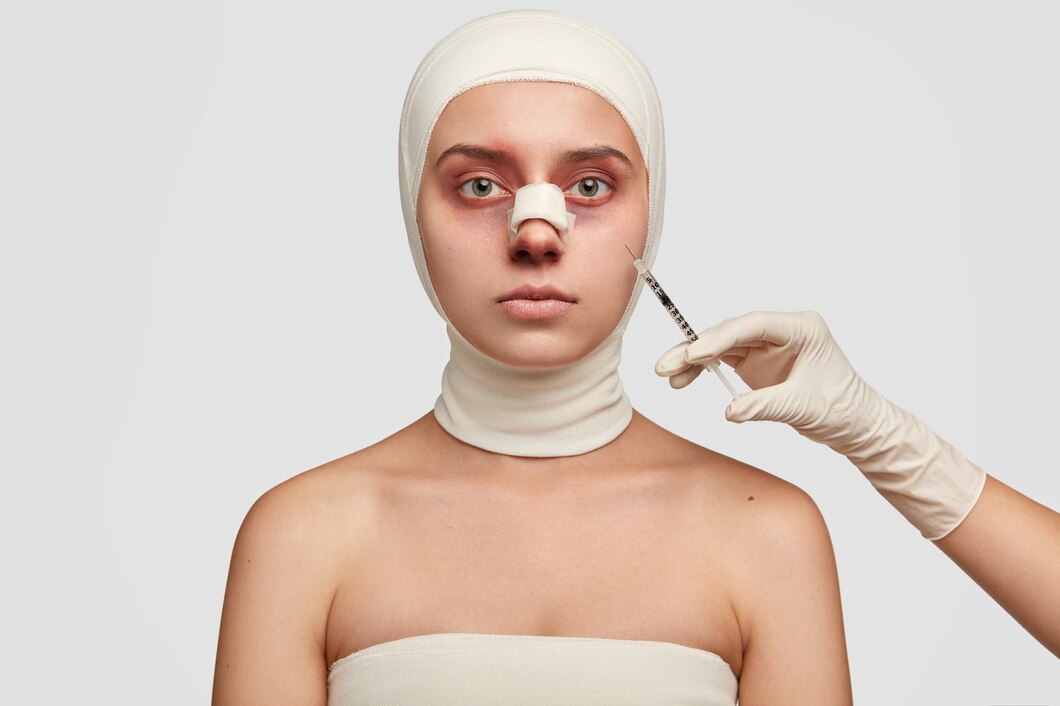Cosmetic surgery can be a transformative experience, offering enhanced confidence and improved aesthetics. However, the aftermath often includes swelling and bruising, which can be uncomfortable and concerning. Understanding how to manage these side effects can significantly enhance recovery and comfort. Here are 15 essential tips for South African women to effectively deal with swelling and bruising after cosmetic surgery.
1. Follow Post-Operative Instructions
Your surgeon will provide specific aftercare instructions tailored to your procedure. Following these guidelines is crucial for minimizing swelling and bruising.
2. Use Ice Packs
Applying ice packs to the affected areas can help reduce swelling and numb discomfort. Use them for 20 minutes every hour during the first two days post-surgery, ensuring you place a cloth between the ice and your skin to prevent frostbite.
3. Elevate Your Head
Keeping your head elevated, especially while sleeping, can reduce swelling. Use extra pillows or a wedge to maintain an elevated position.
4. Stay Hydrated
Drinking plenty of water aids in flushing out toxins and can help reduce swelling. Aim for at least eight glasses of water a day, adjusting based on your activity level and climate.
5. Limit Sodium Intake
Reducing salt intake can minimize fluid retention, which may help decrease swelling. Opt for fresh fruits and vegetables and avoid processed foods high in sodium.
6. Wear Compression Garments
If advised by your surgeon, wearing compression garments can help control swelling and support the healing process. Ensure they fit snugly but are not uncomfortably tight.
7. Monitor Physical Activity
Avoid strenuous activities and heavy lifting for at least the first few weeks post-surgery. Gentle movements, such as short walks, can promote circulation without exacerbating swelling.
8. Avoid Alcohol and Caffeine
Both alcohol and caffeine can dehydrate the body and exacerbate swelling. It’s advisable to avoid them in the initial recovery phase.
9. Consider Arnica Supplements
Arnica montana, available in gel or tablet form, may help reduce bruising and swelling. Consult your healthcare provider before taking any supplements to ensure they’re appropriate for you.
10. Be Patient with Healing
Swelling and bruising are natural parts of the healing process and may take time to subside. Avoid comparing your recovery to others, as each person’s body heals differently.
11. Maintain a Healthy Diet
Eating a balanced diet rich in vitamins and minerals can support healing. Focus on foods high in vitamin C (like citrus fruits) and protein (like lean meats and legumes) to aid recovery.
12. Manage Pain and Discomfort
Discuss pain management options with your surgeon. Taking prescribed medications as directed can help control pain and discomfort associated with swelling and bruising.
13. Avoid Smoking
Smoking can impede blood flow and delay healing. If you smoke, consider quitting before your procedure and during your recovery period to enhance healing.
14. Be Aware of Warning Signs
While swelling and bruising are normal, monitor for excessive swelling, severe pain, or changes in color that may indicate complications. Contact your healthcare provider if you have concerns.
15. Stay Informed
Educate yourself about your specific procedure and recovery expectations. Knowledge is empowering, helping you navigate your recovery with confidence.
Dealing with swelling and bruising after cosmetic surgery can be challenging, but with the right strategies, South African women can manage these effects effectively. By following post-operative care instructions, maintaining a healthy lifestyle, and staying informed, you can support your recovery journey and enjoy the benefits of your cosmetic enhancements. Always consult with your healthcare provider for personalized advice and support during your recovery.








